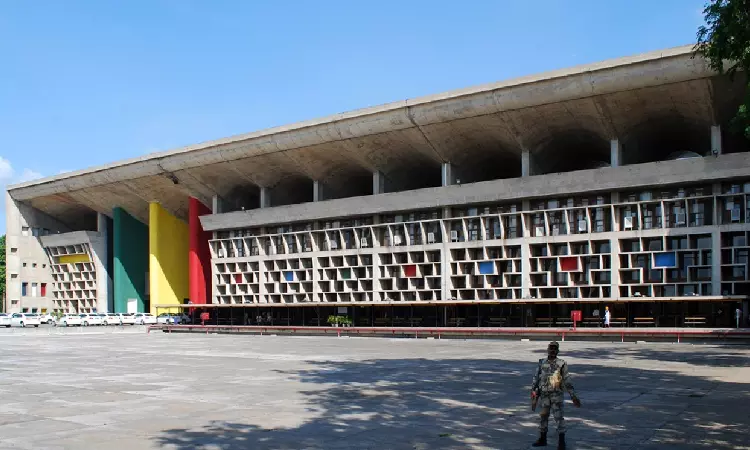Punjab & Haryana HC Declares Haryana Govt Notification Curtailing Land Rights Of 'Dholidars' As Unconstitutional
Aiman J. Chishti
1 April 2025 9:55 PM IST

Next Story
1 April 2025 9:55 PM IST
The Punjab and Haryana High Court has declared the Haryana Government's notification unconstitutional, which made the application of amendments under the Haryana Dholidar, Butimar, Bhondedar, and Muqararidar (Vesting of Proprietary Rights) Act retrospective.The petitioners, who had been recorded as occupancy tenants (Dholidars), sought protection of their property rights, arguing that...
